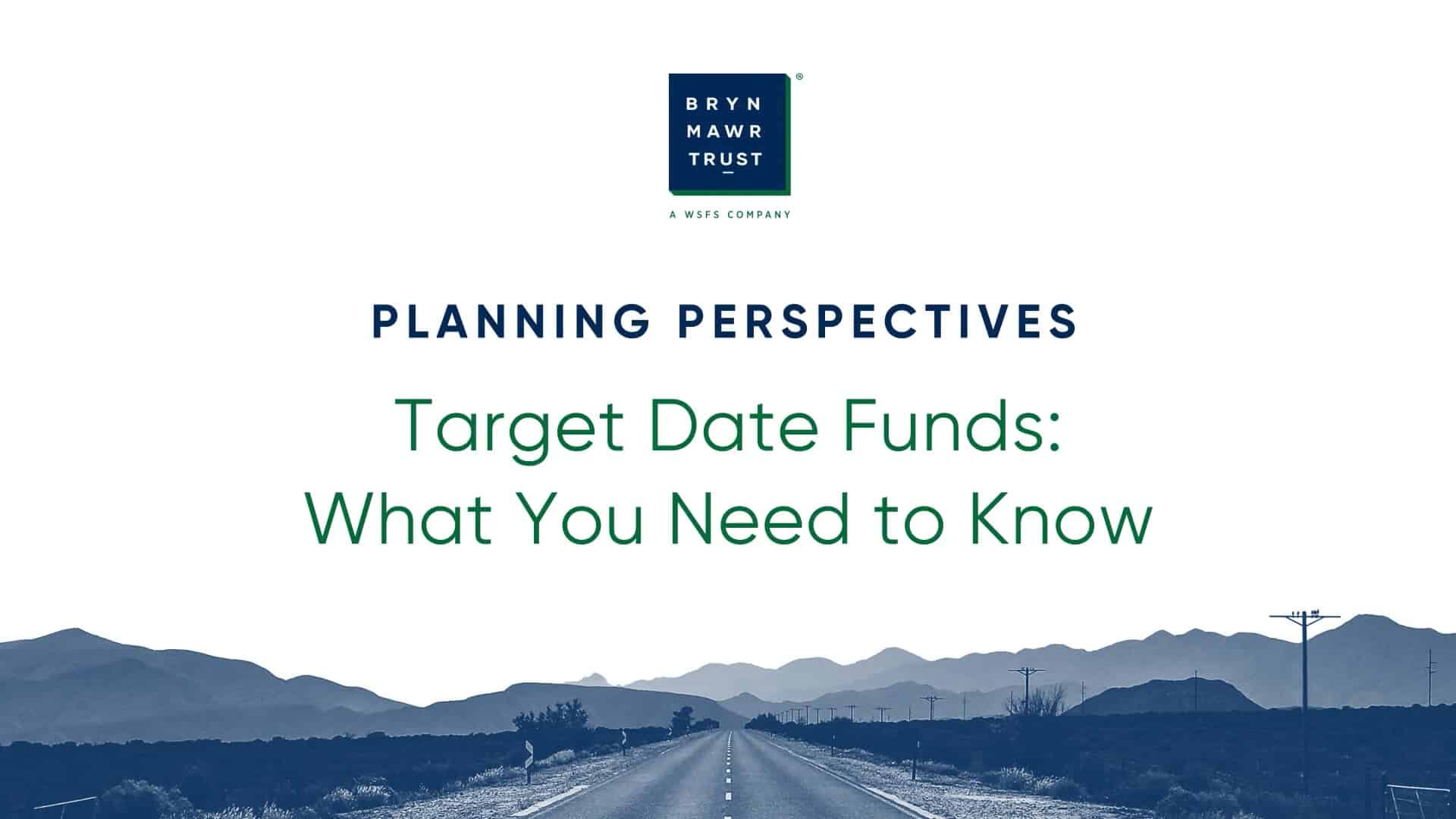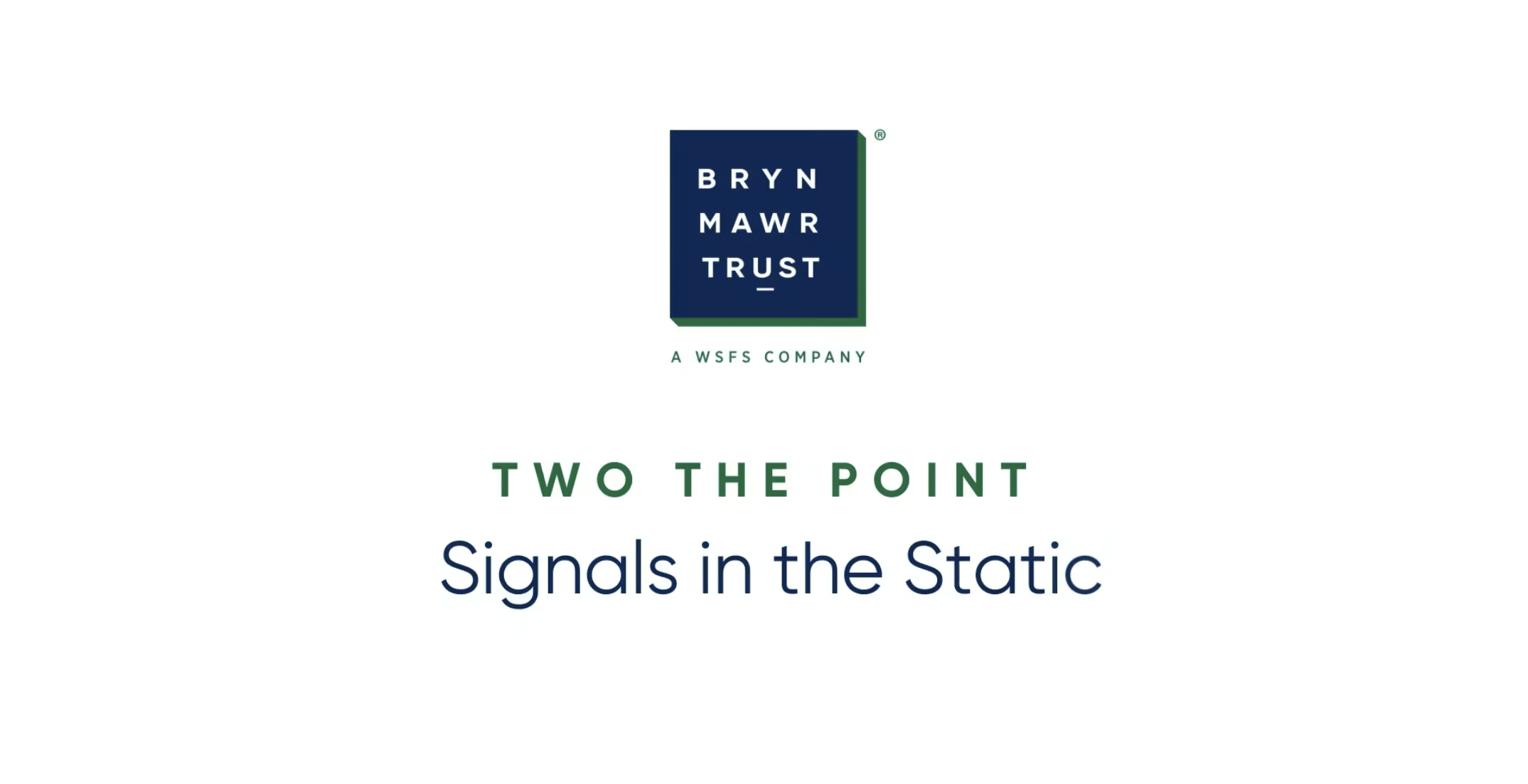Navigating Uncertainty: How to Think About Risk

Do you ever reflect on things you did as a teenager or young adult and wonder what was going through your mind at the time? Maybe you participated in some thrill-seeking adventure and got lost, or maybe you were a bit foolish (or a lot foolish). Perhaps you were the opposite and never got into any trouble whatsoever, always on your best behavior. Fast forward to today, you think back on those days and the fun you had, lessons learned, regrets, and how they shaped your character.
These timeless memories are just as applicable to your family’s financial plan, and similarly, mature along with you. The very same risks taken, or not, can be viewed in two distinctive ways: risk tolerance and risk capacity. Each viewpoint reveals itself in your plan and should be given thought as circumstances change through the years.
Your risk tolerance is just that, how comfortable you are in doing something risky, for instance skydiving, or investing in risky assets. Your risk capacity is more objective. It will depend on certain factors such as your age, your family situation, and your income level. While every situation is different, there are general frameworks through which to consider each risk lens.
For a teenager, it may be hard to conceive of what their life may be like in their eighties. They likely have no dependents, so could quit their job, change careers and move to another country with minimal impact on others, if any. For this person, both their risk tolerance and risk capacity could be very high.
Conversely, an individual with a home, an established career, and a young family should probably think twice before turning everything upside down. This person needs to realize that if something happens to them personally or financially, other loved ones may be affected. They may still have a high-risk tolerance and enjoy bungee jumping every weekend, but their capacity for risk may be quite low. Should the unexpected and unfortunate happen, family dependents could be left stranded.
Your financial plan is no different. What is risky for one person may be commonplace for another. Risk is in the eye of the beholder. But with no risk, there is no reward. In other words, risk avoidance is likely to return avoidance, so not taking any risks whatsoever is a risky proposition in itself. To help assuage taking on risk, it often makes sense to divide your portfolio into different risk buckets. Your emergency fund and saving for a down payment are likely in the less risky buckets while saving for retirement is longer term in nature and can assume more risk.
While young, it generally makes the most sense to thoughtfully invest in riskier assets, for instance, equities, as they typically provide the highest reward over an extended time. And should those investments not pan out right away, be patient as you have time to recover, often decades. You may have lost some financial capital, but you still have your future earnings yet to come.
As you approach retirement and beyond, there’s likely little else to be added to your nest egg from wages. You may be less comfortable with stock market volatility and sleep better at night with more predictable income from year to year – your risk tolerance has decreased. You may also want to preserve what you have earned to pass on to the next generation or think philanthropically.
Both aspects of risk are personal to you, but an attentive advisor can provide perspective and balance in weighing your risk tolerance with your ability to assume risk. Taking the time to evaluate your financial plan at life’s inflection points can provide invaluable guidance to ensure that you are taking the appropriate levels of risk along the way.



